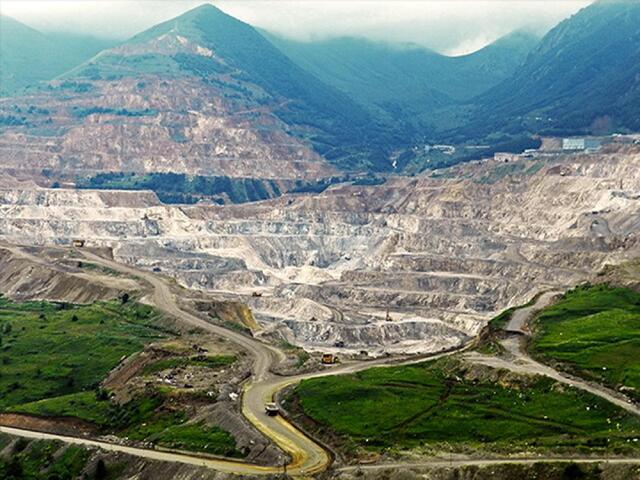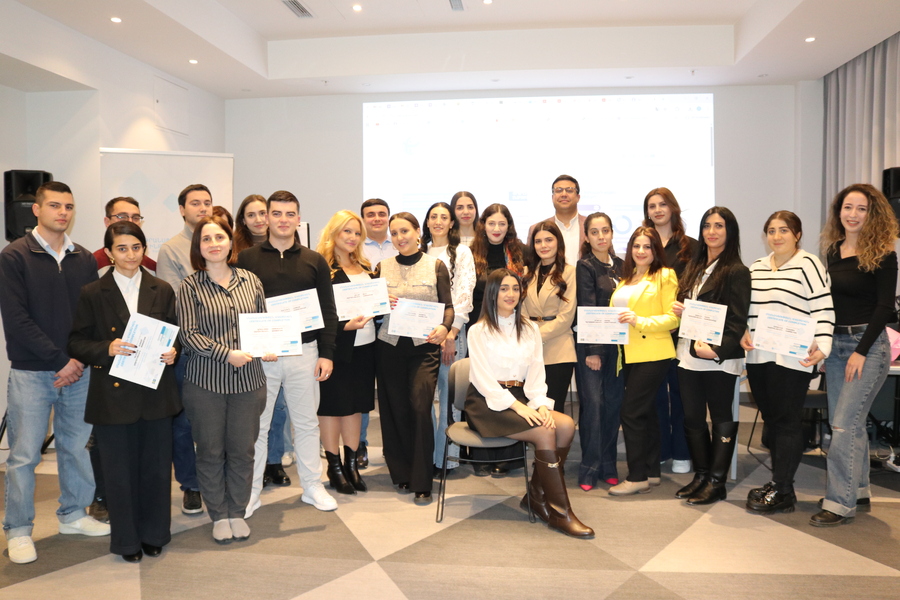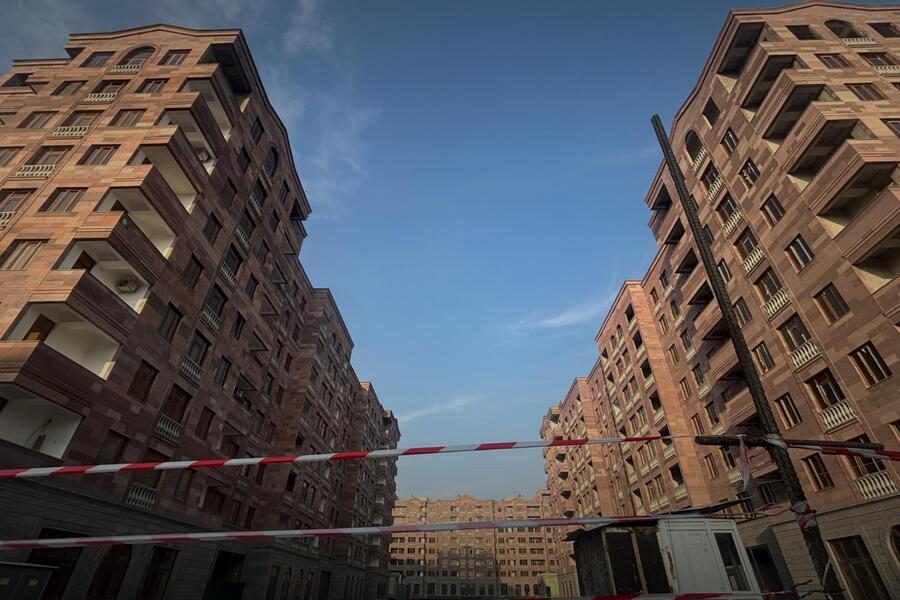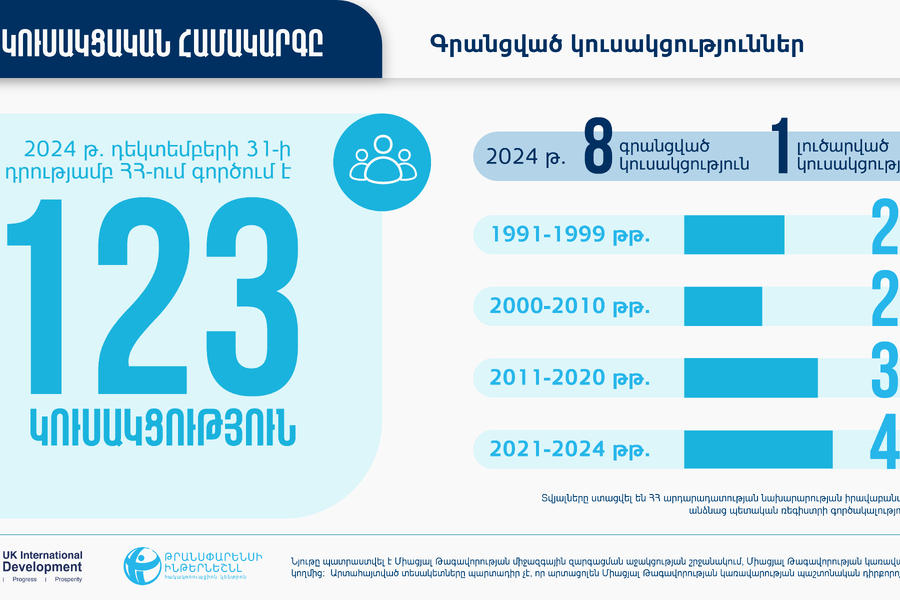Lawsuit Filed with the RA Administrative Court Against the Government Decision to Provide a Budgetary Guarantee for the Operation of the Amulsar Mine
On April 28, 2025, Transparency International Anticorruption Center, Green Armenia, the Center for Community Mobilization and Support NGOs, along with a group of citizens from communities adjacent to the Amulsar mine and various regions of Armenia, filed a lawsuit with the Administrative Court of Armenia, seeking to annul Government Decision No. 220-A of February 27, 2025. The decision envisages providing a budgetary guarantee of up to USD 150 million to Lydian Armenia CJSC. The plaintiffs are represented in court by attorney Genya Petrosyan, a member of the Chamber of Advocates of Armenia.
Under the disputed decision, the Government intends to guarantee the acquisition of loans of up to USD 150 million by Lydian Armenia for the purpose of operating the Amulsar mine. According to the plaintiffs, this decision violates several provisions of Armenian law, specifically:
- The back-to-back pledge mechanism set as security for the budgetary guarantee repayment does not ensure the return of public funds and does not comply with the requirements of budgetary legislation.
- At the time the decision was adopted, no market valuation of the company’s assets was available, which is necessary to comply with legally defined limits. The Government does not have the authority to establish a procedure for submitting such documentation at a later stage.
- The financial data used is outdated by one year and does not meet the current requirements for assessing the company’s solvency.
- The Ministry of Finance's positive opinion that is an obligatory prerequisite for issuing a budgetary guarantee is missing.
- By a legally binding ruling of the Administrative Court, prior administrative acts regarding the expansion of Lydian Armenia’s mining area and the extension of its license term have already been declared invalid.
Independent experts, including from ELARD, have assessed that the project carries serious environmental risks, such as potential contamination of water resources, unassessed risks related to the use of heavy metals and sodium cyanide, and the threat of acid drainage.
The lawsuit is based on both the citizens’ rights to live in a healthy and safe environment and to health, and on the NGOs’ right to protect environmental interests, in line with the Aarhus Convention.





